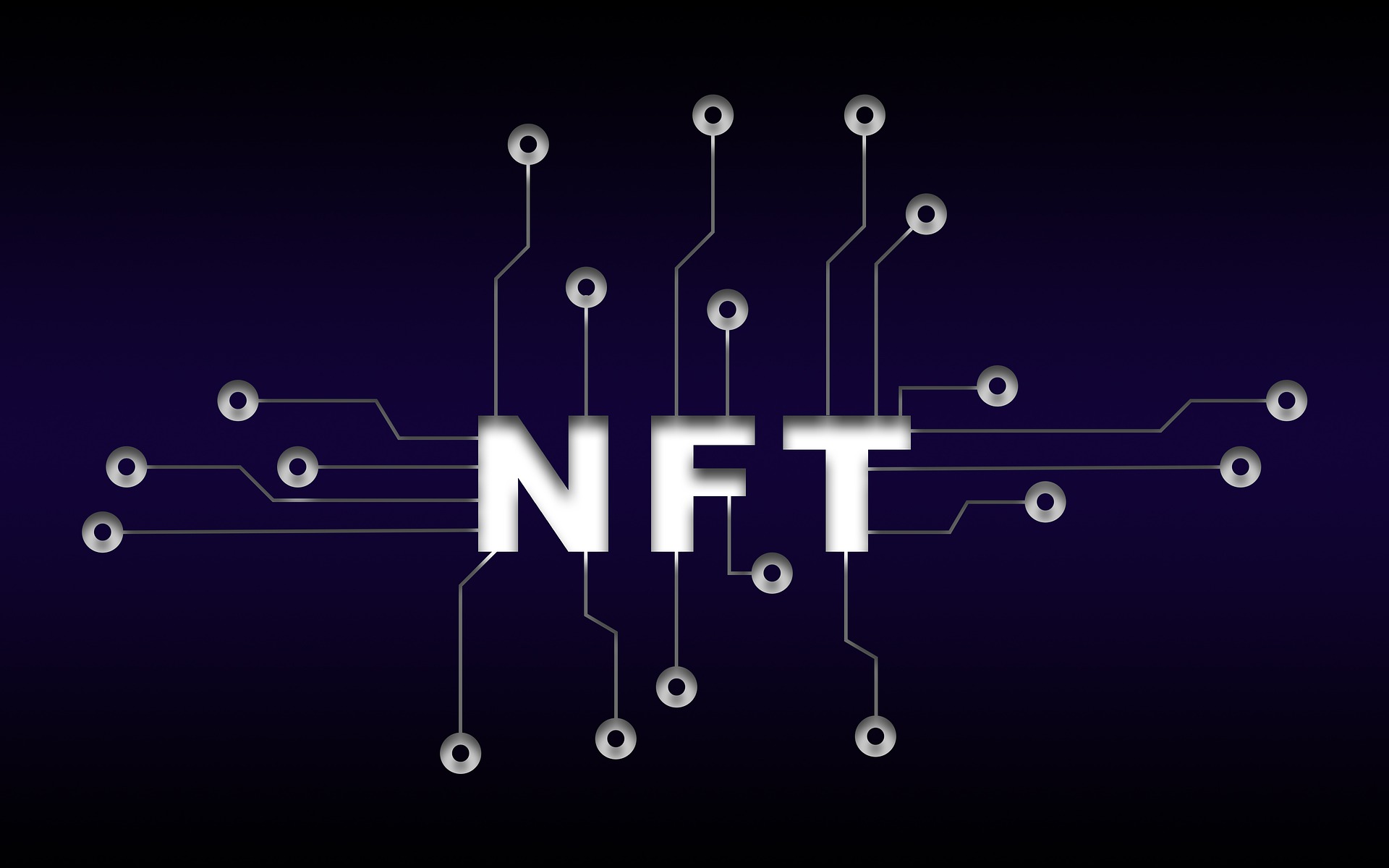New applications and use cases for NFTs are emerging every day. These are unique digital assets that can represent ownership of a piece of content or a piece of art. They have the potential to unlock new forms of value and monetization in the digital economy and are creating new, more democratic and less intermediated ecosystems.
NFTs are breaking creative barriers
NFTs can represent a wide range of assets, from artwork and music to in-game items, enabling creators to monetize their work in a new way, by creating a direct link between ownership and value.
They allow creators to sell ownership rights directly to their audiences, which has the potential to create new revenue streams and enable more equitable distribution of value. For example, a musician can sell an NFT representing ownership of a song, and the owner of the NFT has exclusive access to that song.
The gaming world
Non-fungible-tokens are also being used in gaming and virtual worlds, where they can represent in-game items or virtual real estate. This has the potential to create new revenue streams for game developers and enable players to truly own their in-game assets (a use case that our client Triple O Games is spearheading). NFTs provide an immutable record of ownership and transfer history, which makes it easier to authenticate and verify ownership.
This feature is particularly important in the art world, where provenance and ownership history are crucial. If we combine it with the programmability of smart contracts, we have the ability to automate and ensure royalties payments that benefit the creator each time their work is sold (not just when it's first sold, as is the case today for paintings and other artworks).

NFTs and the new forms of social and cultural value
In addition to creating new forms of value and monetization, tokens are creating new forms of social and cultural value. They enable communities to come together around shared interests and values, and provide a new way for artists and creators to connect with their audiences.
This has the potential to create a more decentralized and democratic culture, where value is determined by the community rather than a centralized authority. At the same time, it is important for creators to ensure that they have the necessary rights to the content they are selling, and for buyers to be aware of any potential copyright issues before purchasing an NFT.
The future of the token economy is exciting, and NFTs are sure to play a significant role in shaping it.
Entra en la nueva economia tokenizada
Token City es el puente definitivo hacia a la economía tokenizada (tEconomy), en la que las empresas tokenizadas (tEnterprises) crean sus mercados de cripto activos (tMarkets), abiertos a inversores globales (tCitizens).

